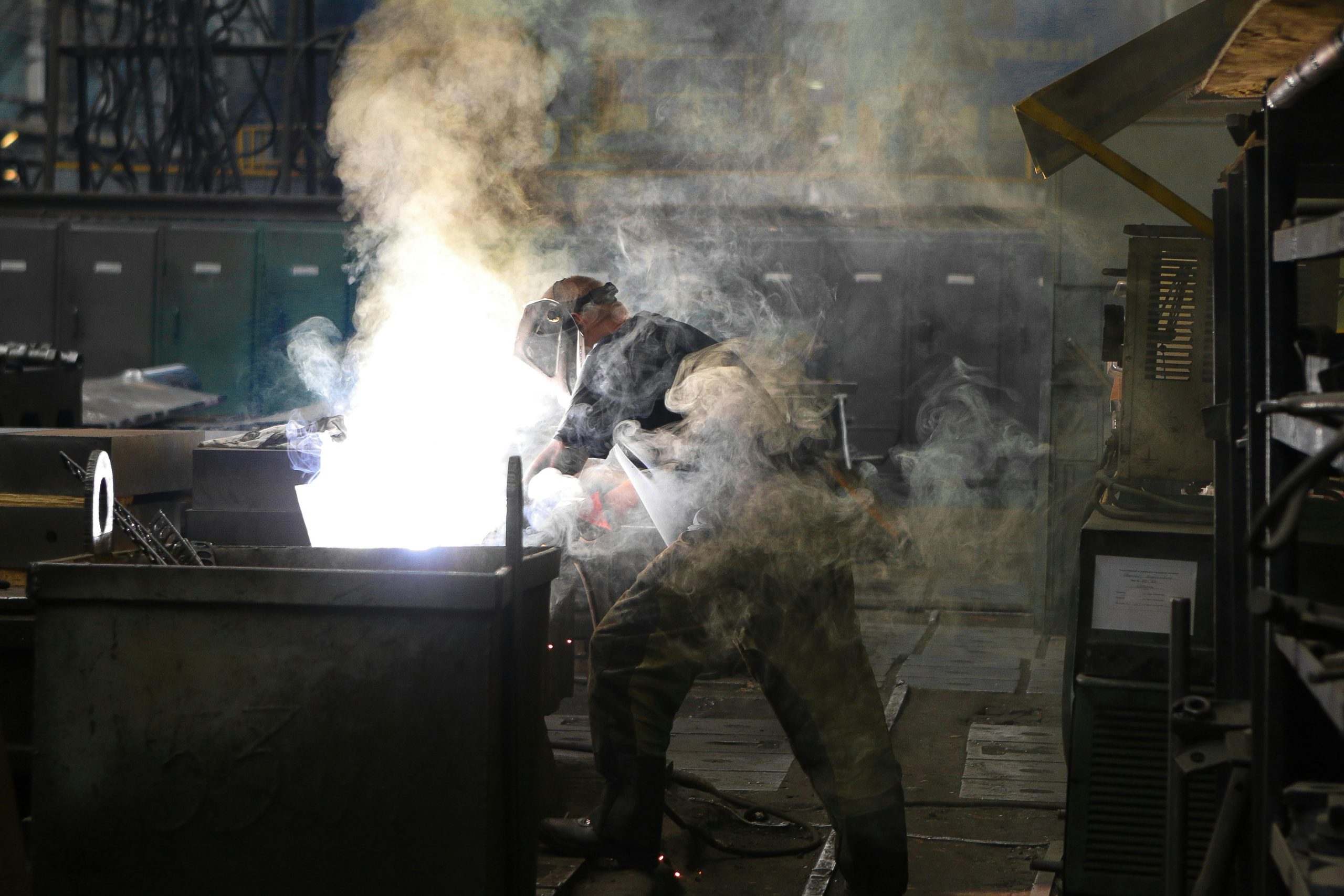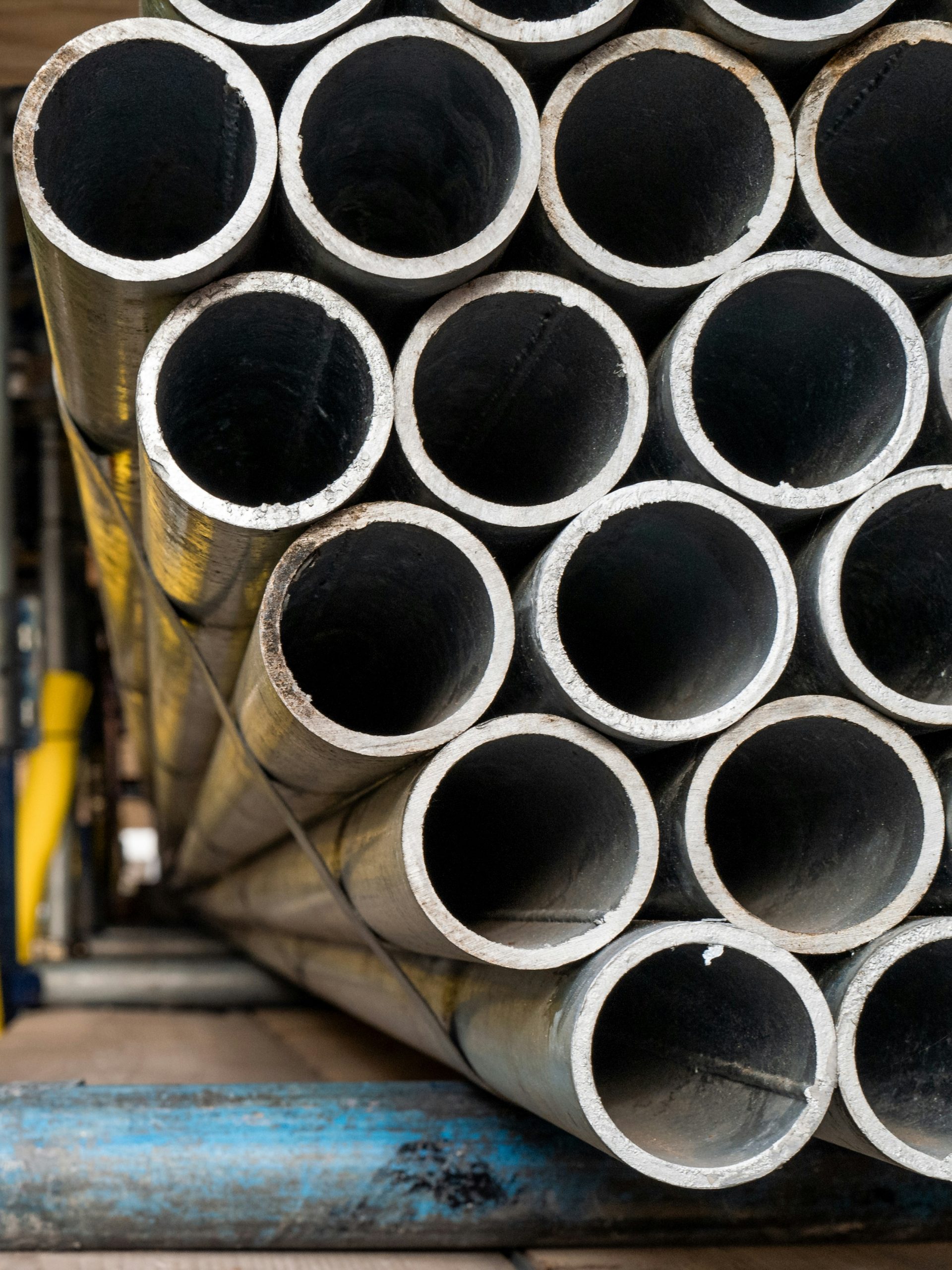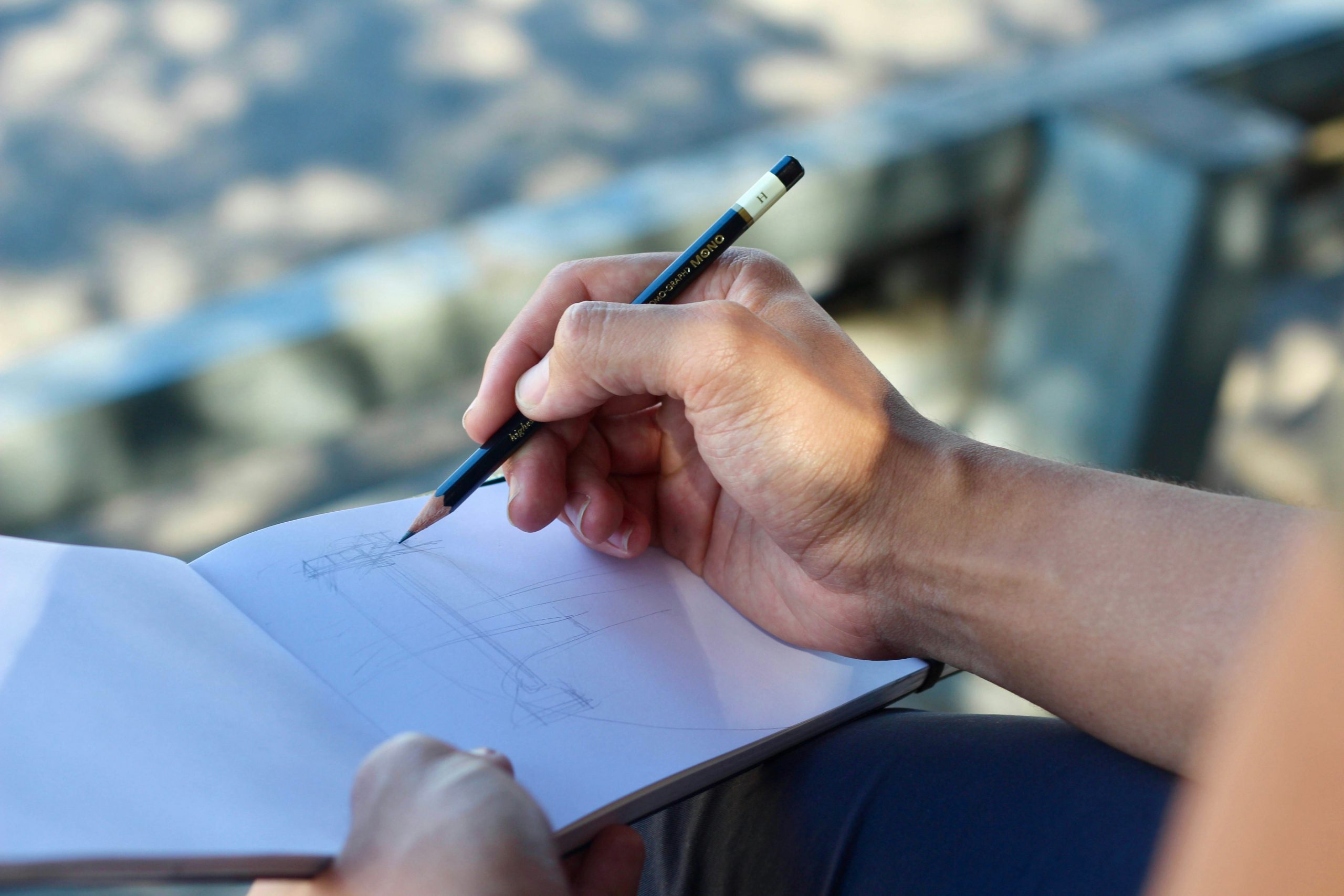
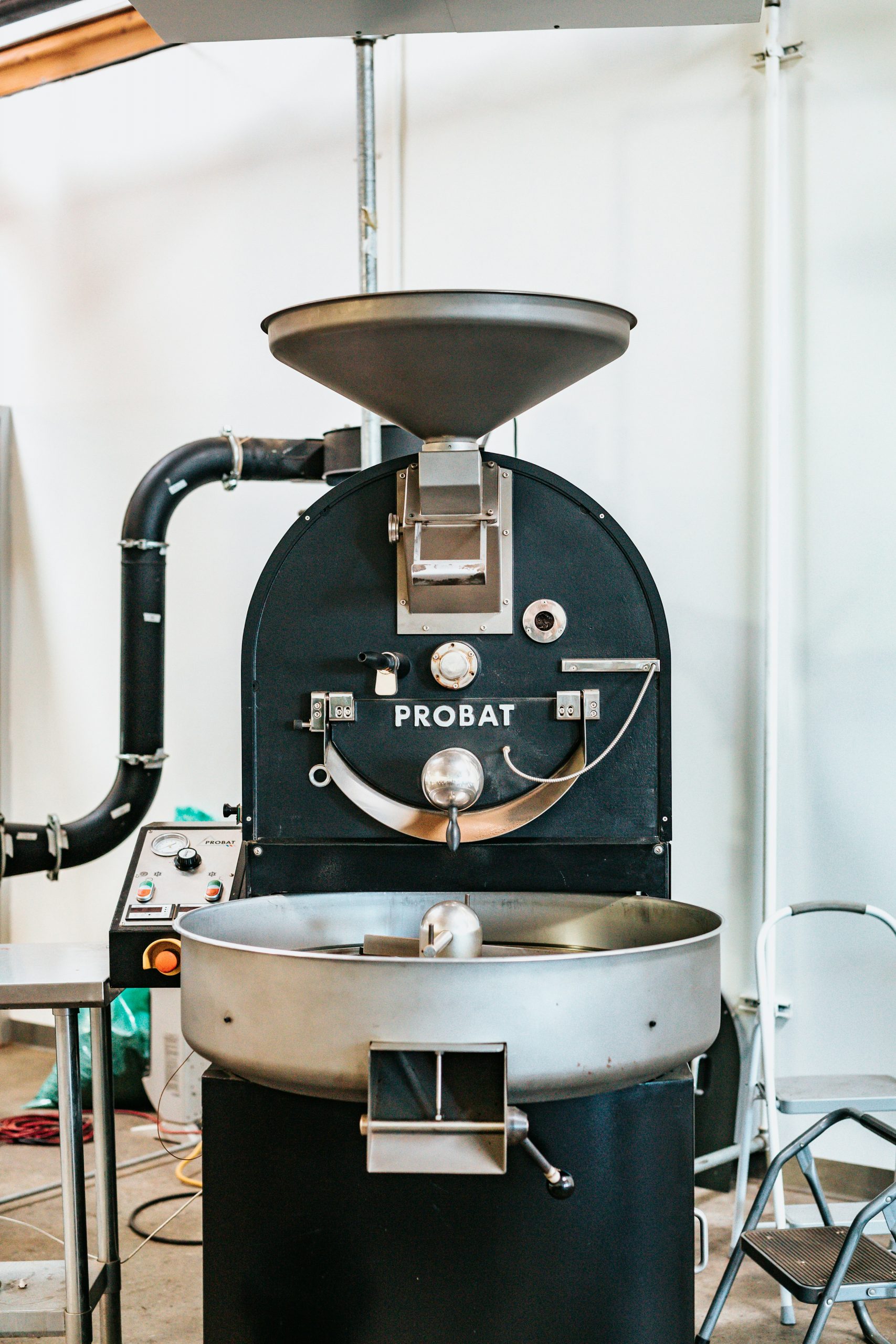
Factors affecting the tolerance of metal spun parts
Tolerance is an important consideration when it comes to metal spun parts. It makes sure that the part has the strength to perform its function, as well as not have these properties degrade during the metal spinning process. It’s also a way to measure precision in metal spinning, which is essential to deliver parts for technical sectors. In this post, you can find insights from our expert metal spinners on the factors that can affect the tolerance of spun metal parts.
Why tolerance matters for metal spun parts
Tolerance is a term used in precision industries that is best explained as an acceptable range of error. A tolerance range refers to the maximum deviation allowed from a dimension or shape. For example, a metal spun part might be given a tolerance of +/- 0.3 millimetres which means its dimensions are allowed to be 0.3 millimetres bigger or smaller than what was intended.
Tolerance is massively important in metal spinning, as the tolerance of a part has likely been set in consideration of its function. Parts produced that are outside the tolerance parameters might be ineffective or completely unusable, resulting in waste. This is especially noticeable when parts have to fit into another system after they have been created, such is the case with dished ends and parts for pressure vessels.
Measuring the tolerance of metal parts
Oftentimes, metal spun products are created in large volumes. This is due to the inherent repeatability of the process, as well as the fact that it’s more cost-effective for businesses. To maintain tolerance levels, spinners must therefore have appropriate quality control procedures in place. At Tanfield, our inspection and quality guidelines have been created in accordance with ISO 9001 standards and overseen by a dedicated quality manager.
What can affect the tolerance of metal spun parts?
There are various factors that can affect the tolerance of metal parts created by metal spinning. As with any technical process, metal spinners need to be aware of these potential influences in order to control them. It’s usually not the case that these factors can be nullified entirely, but rather the balancing them against one another and remaining within the right tolerance. This is one reason why metal spinning is such a highly skilled process.
Properties such as ductility, hardness, elasticity, and more can affect how the metal responds to metal spinning. During the metal spinning process, the metal stretches and becomes thinner than it was at the start. This means that, more so than with other forming techniques, spun metal products must be made from materials that deform evenly when pressure is applied.
Metal spinners need to make sure the materials they are working with are of a good quality. This is because impurities can compromise the integrity of the metal. This can throw off tolerances or even lead to cracking when parts need multiple metal spinning processes for their creation. In severe cases, this can cause lead times to get inflated and production costs to rise. At Tanfield, we only work trusted suppliers who can produce proof of quality control in the materials they provide.
The size, shape, and condition of the tool used to form the parts is essential in keeping to tolerance. This is because the metal takes on the shape of the tool. Any uneven areas on the surface of the tool can cause the part to get shaped to slightly different dimensions.
Generally, the larger the workpiece is, the more challenging it is to keep to a uniform tolerance.
Metal spinning is a complex process that is directly impacted by the skill and experience of the person, even with the continued development of CNC metal spinning machines. A skilled operator is more likely to be consistent in achieving precise tolerances and controlling variables.
Bespoke metal spun parts
All the work conducted by Tanfield Metal Spinners is done in the pursuit of tight tolerance margins and overall part quality. Our services don’t just focus on precision either. There are a wide range of metal finishing offered by Tanfield, including metal polishing and anodising to name a few. Get your quote started by contacting us using the form on our website. We’ll be happy to discuss your goals and the best options to meet them in terms of materials, processes, cleaning, and finishing.

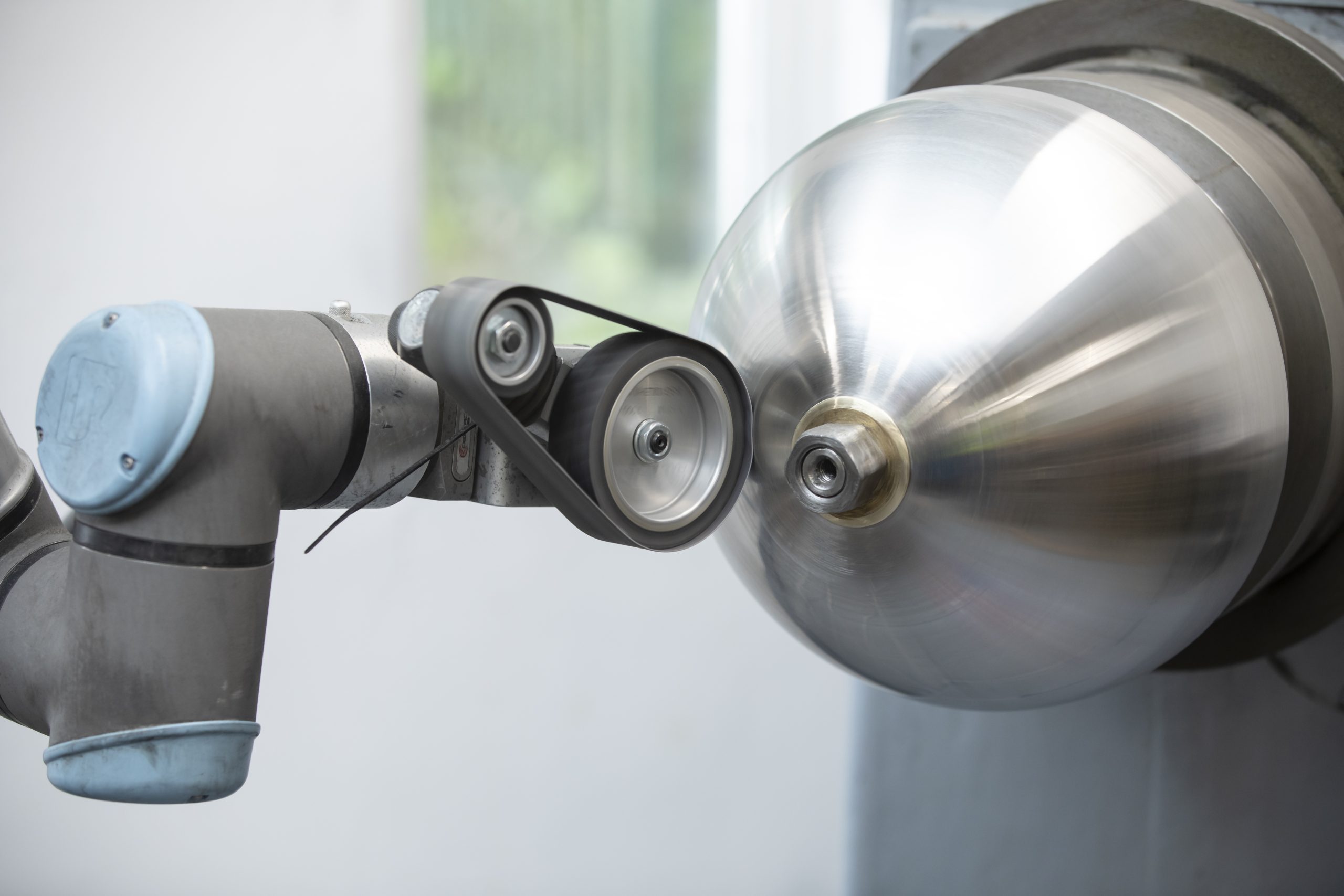 Metal Spinning
Metal Spinning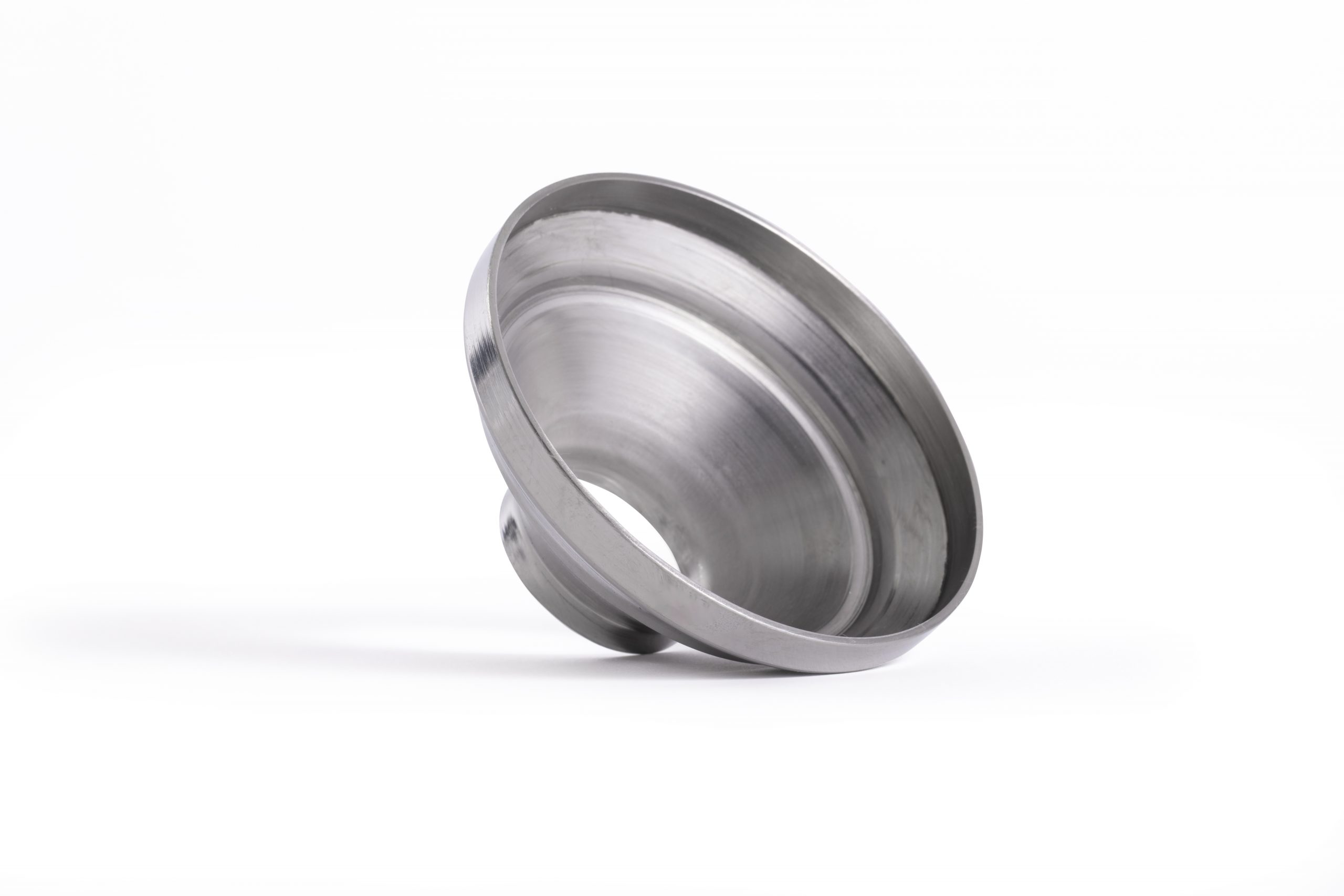 Bespoke Metal Spinning
Bespoke Metal Spinning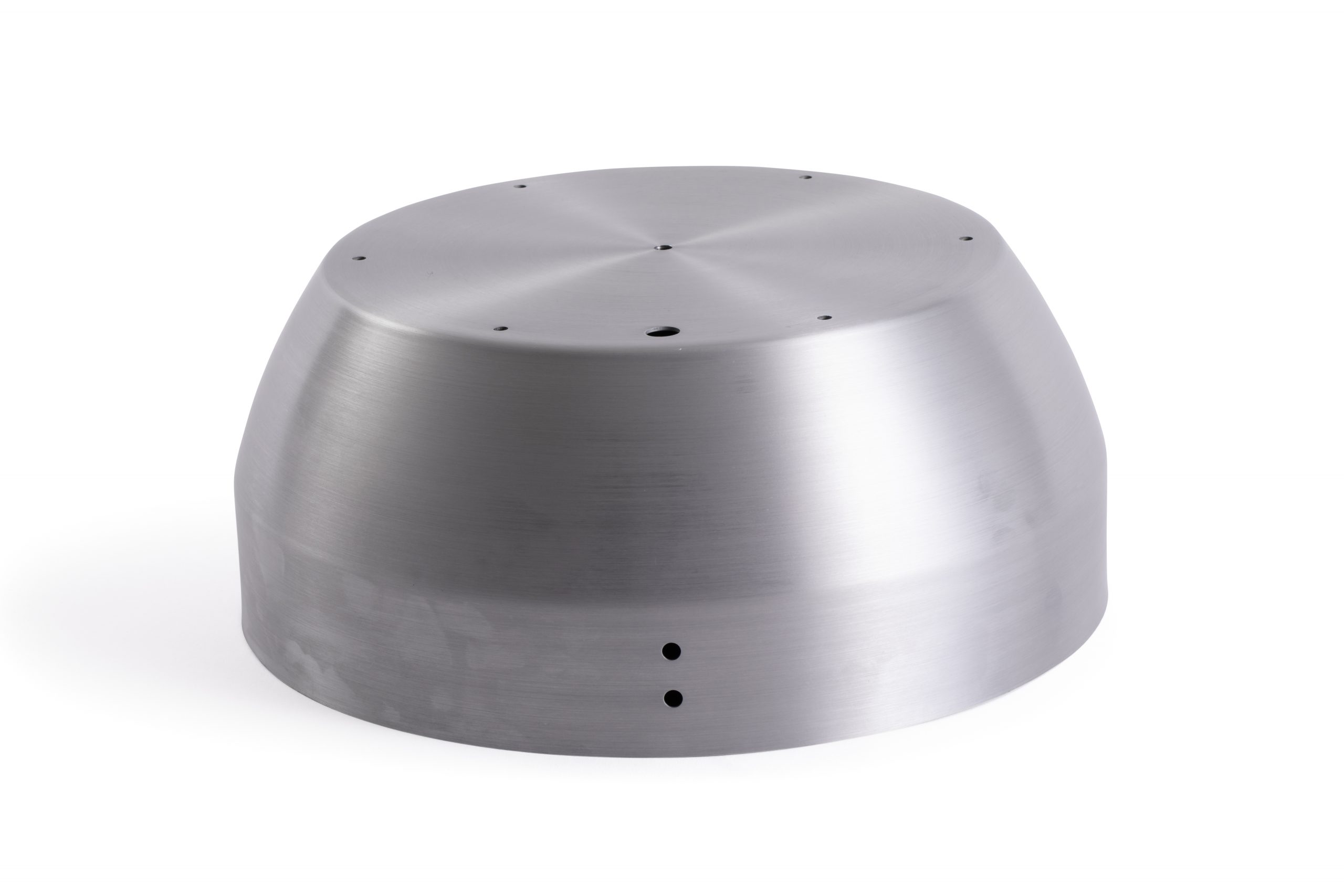 Metal Polishing
Metal Polishing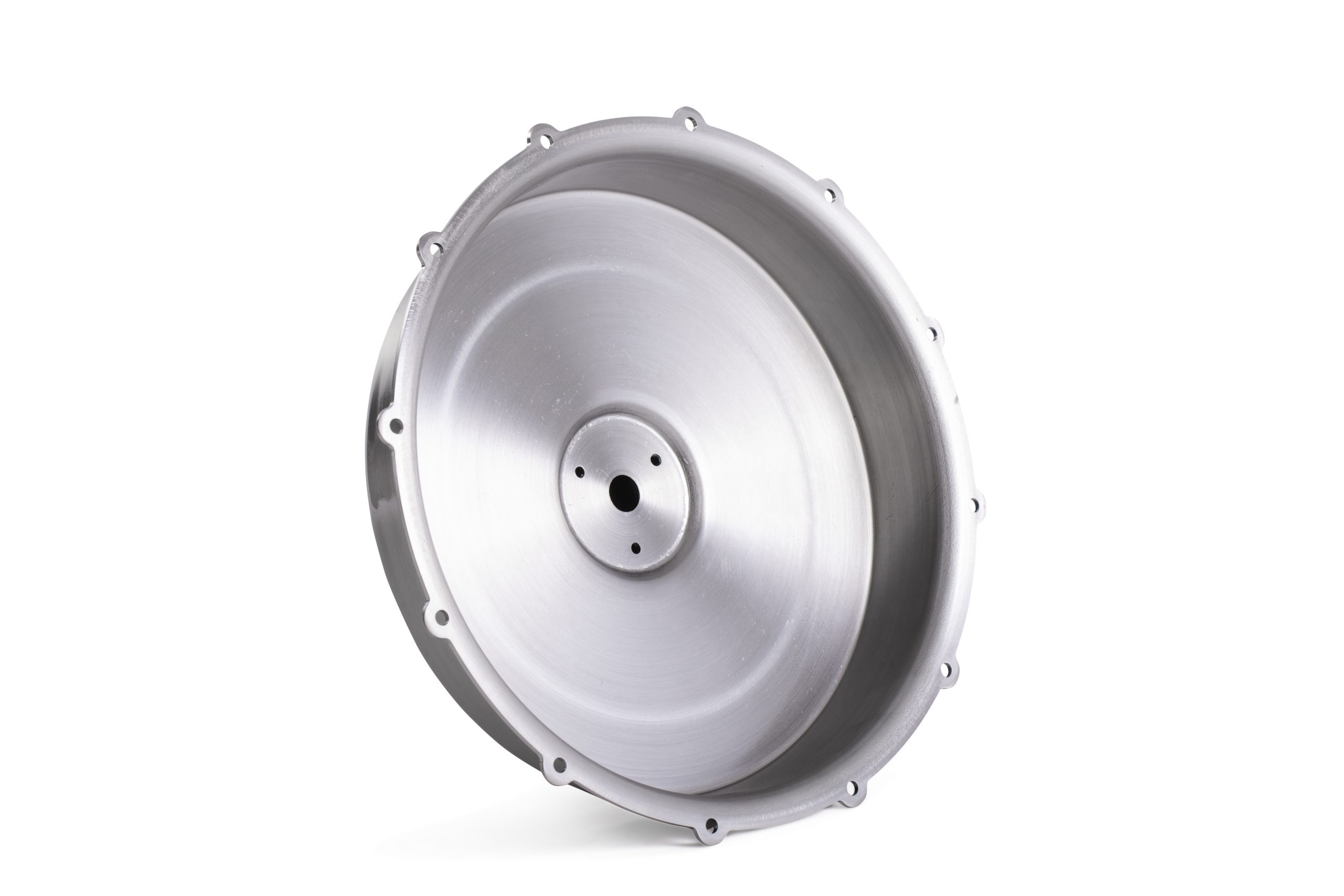 Machining
Machining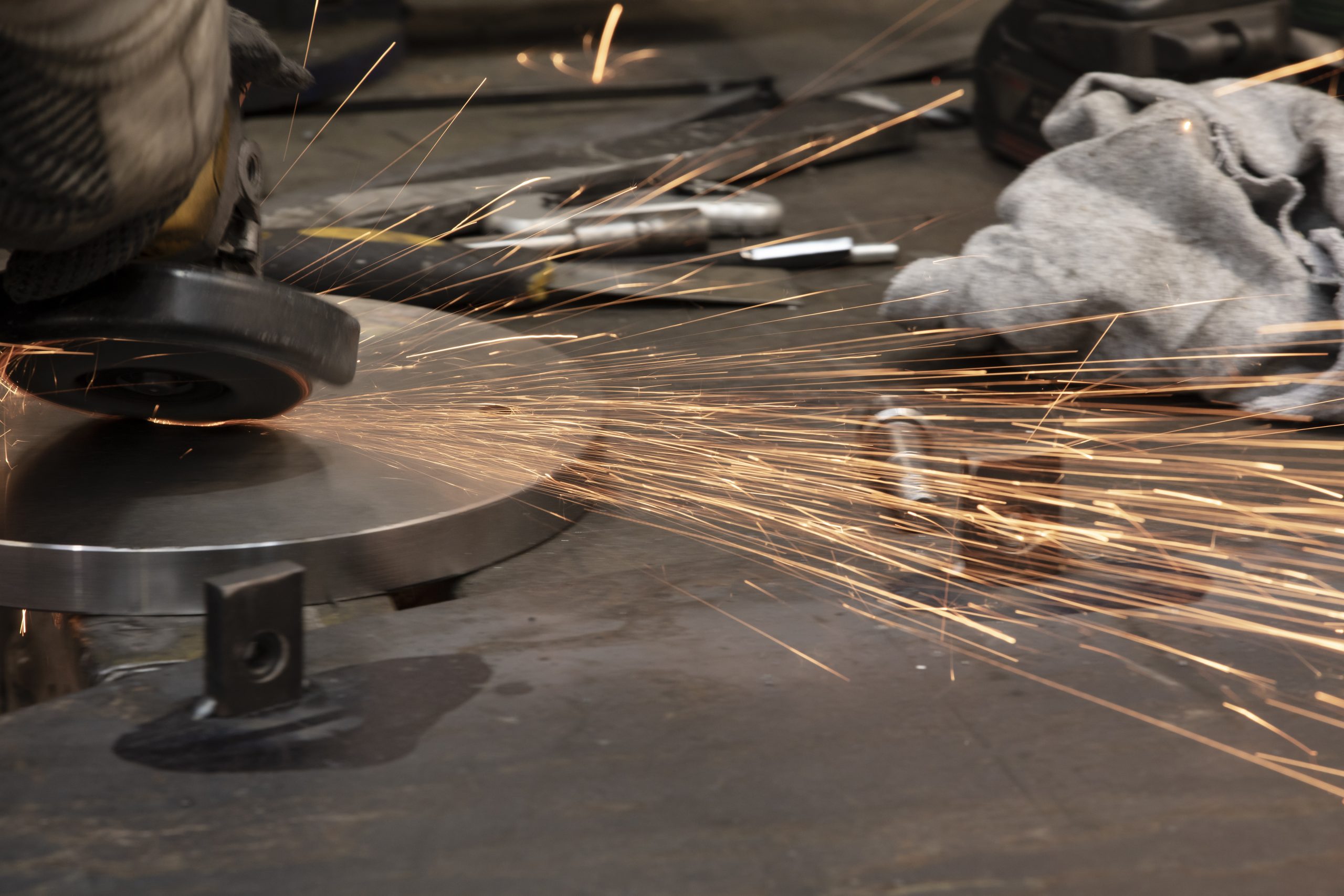 Metal Pressing
Metal Pressing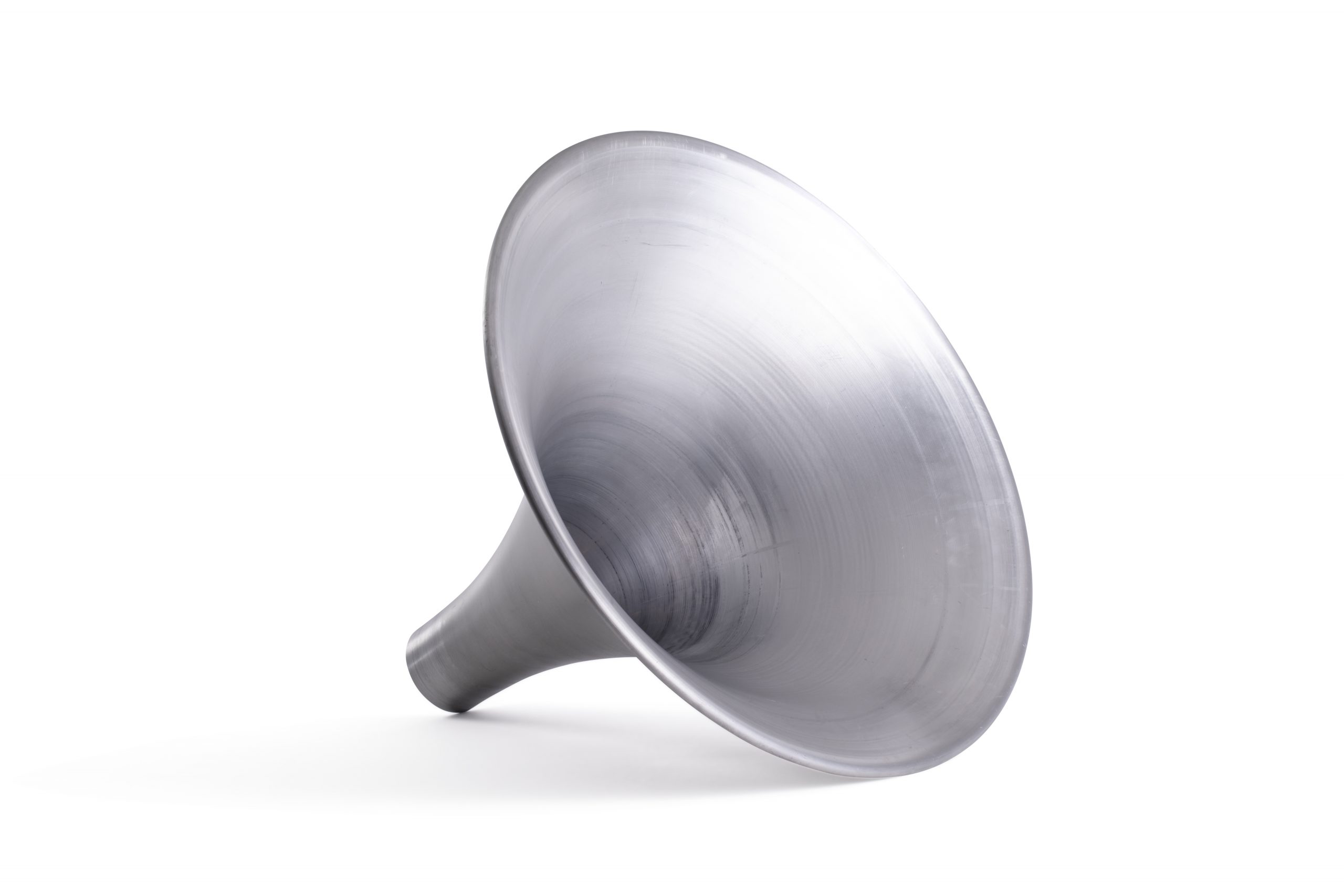 Metal Swaging
Metal Swaging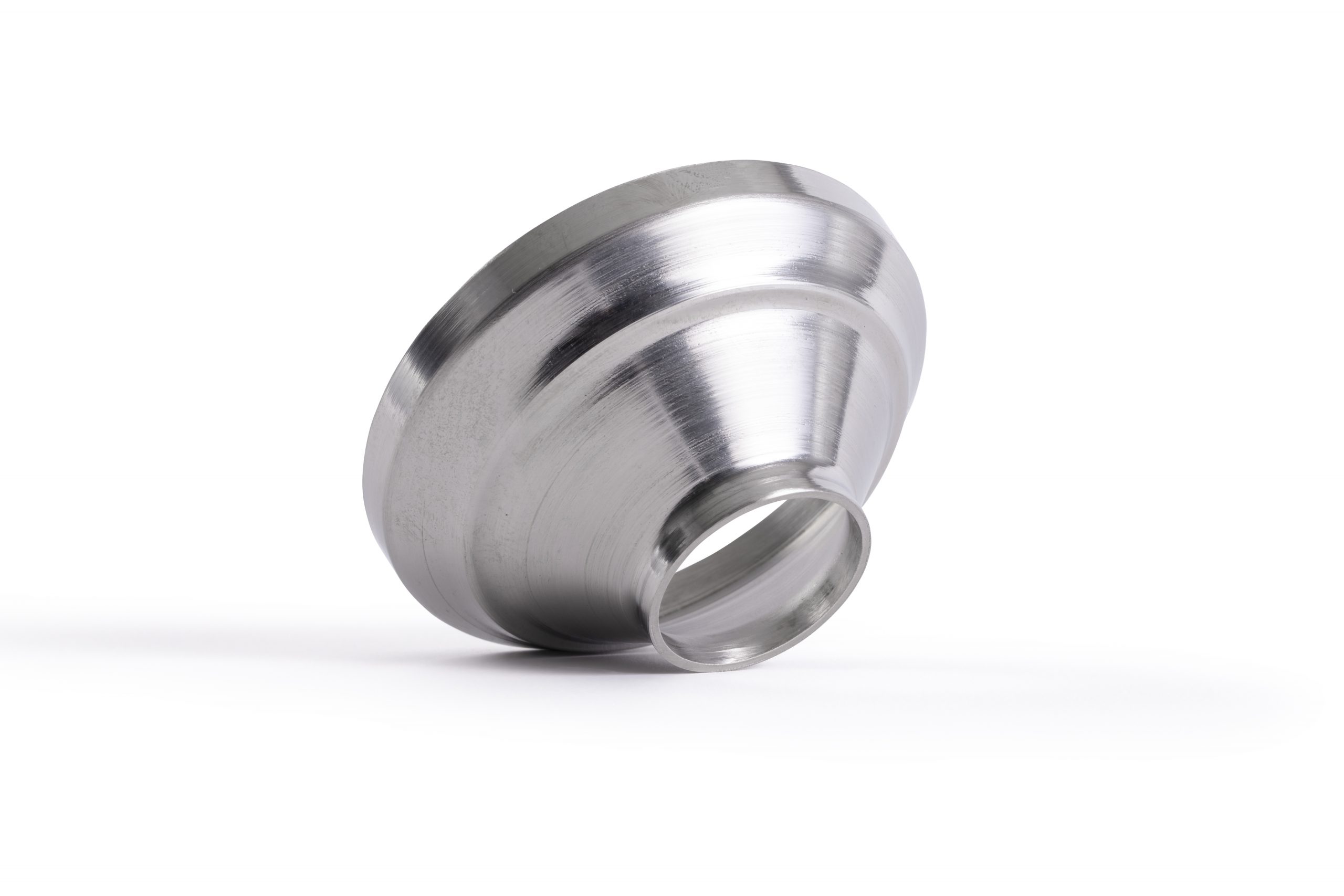 Metal Fabrication & Welding
Metal Fabrication & Welding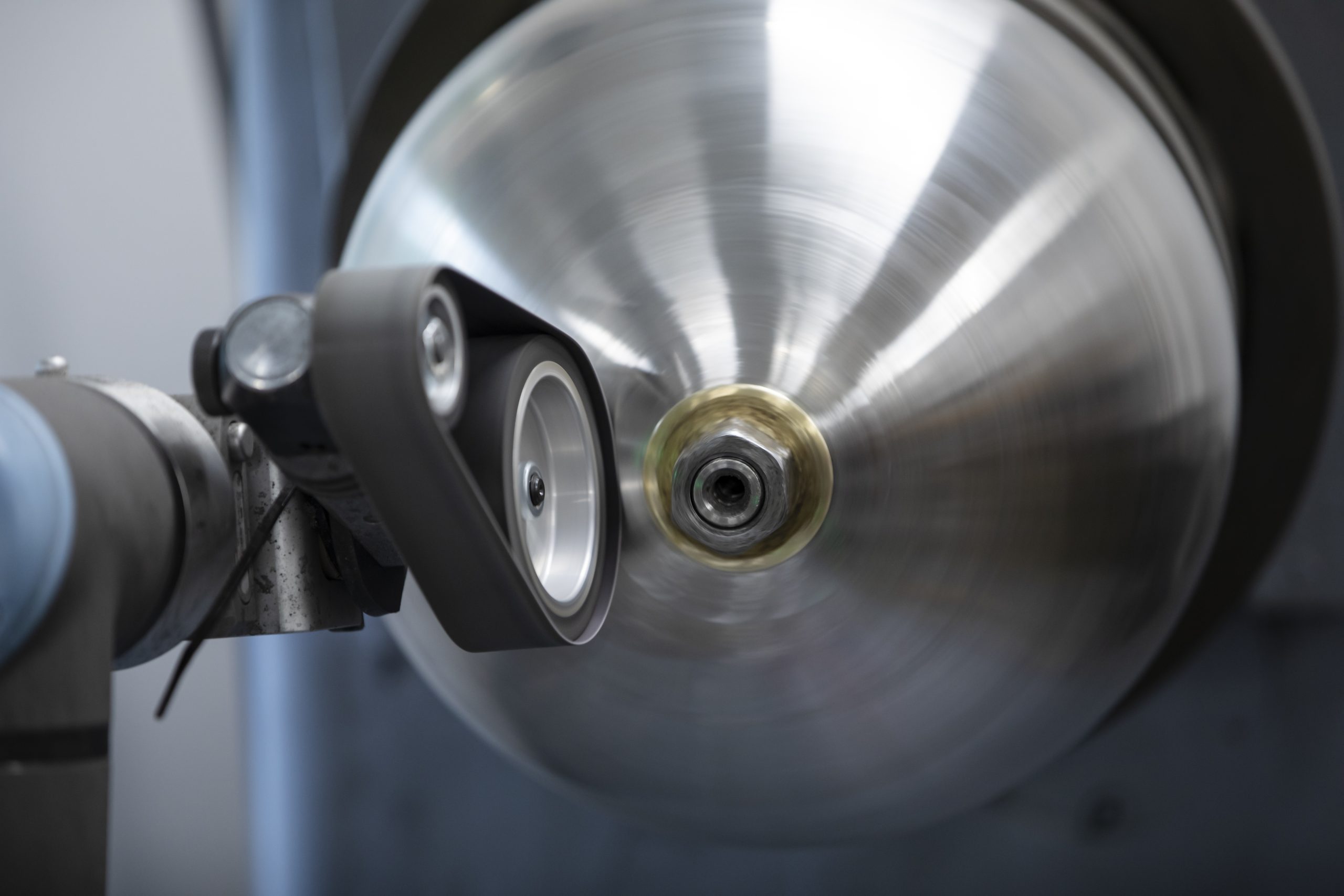 Precision Engineering
Precision Engineering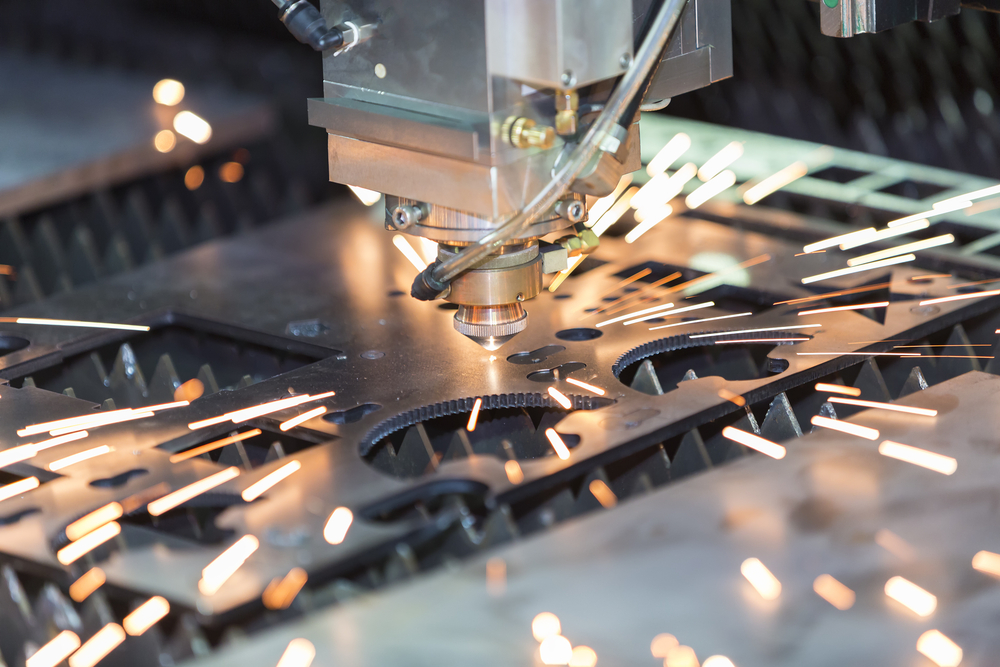 Laser Cutting
Laser Cutting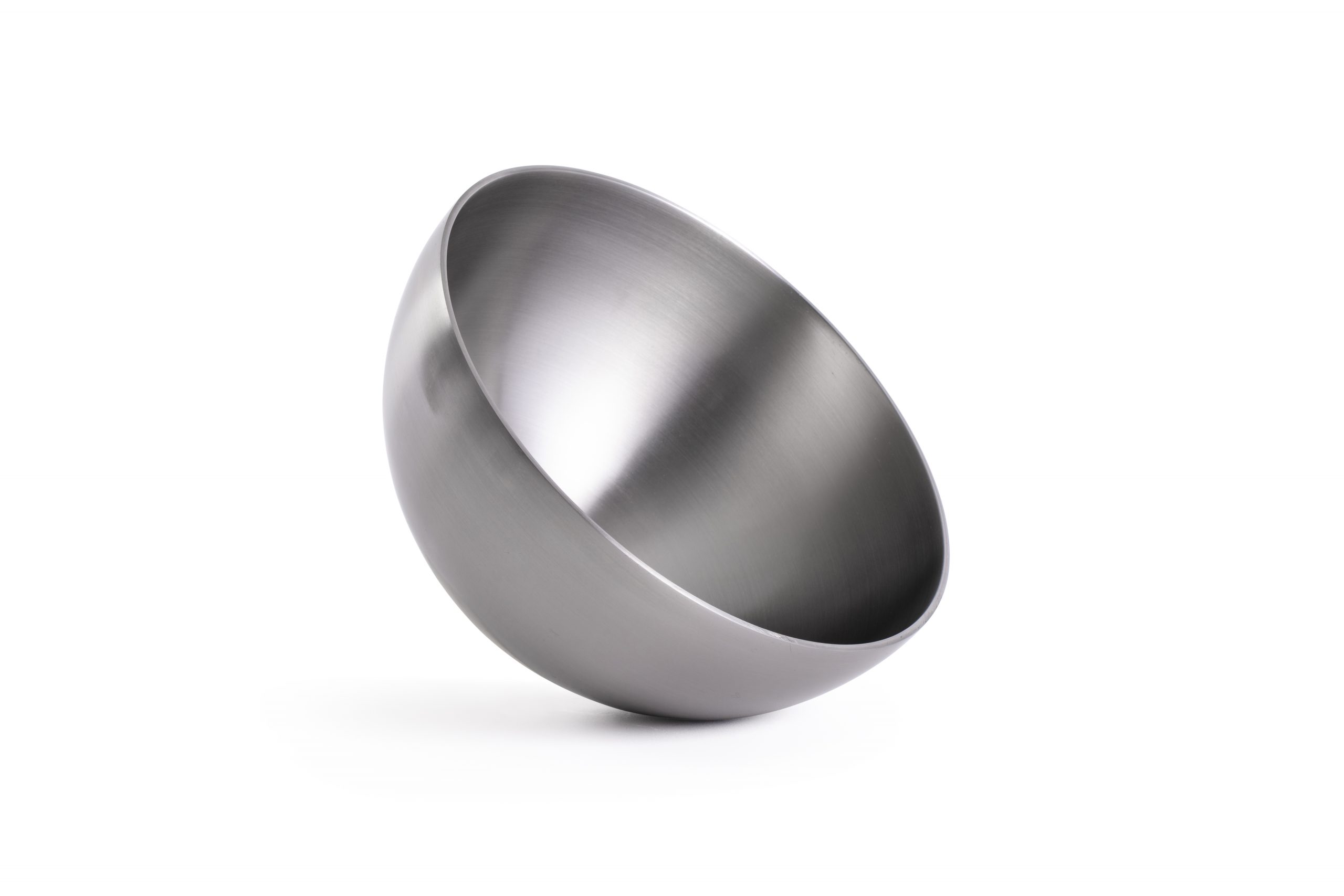 Inspection and Quality
Inspection and Quality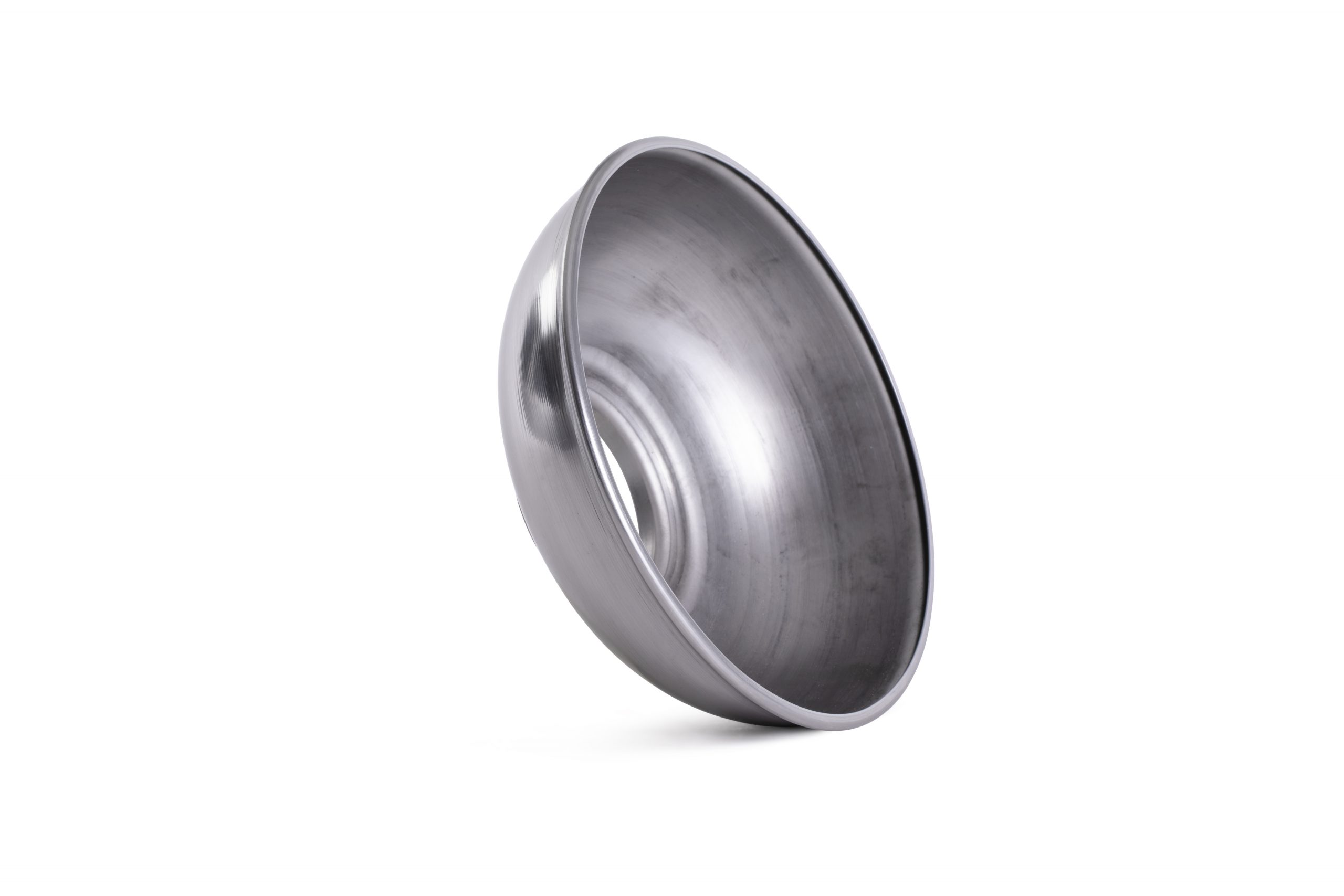 Anodising, Electropolishing and Pickling & Passivating
Anodising, Electropolishing and Pickling & Passivating Agriculture
Agriculture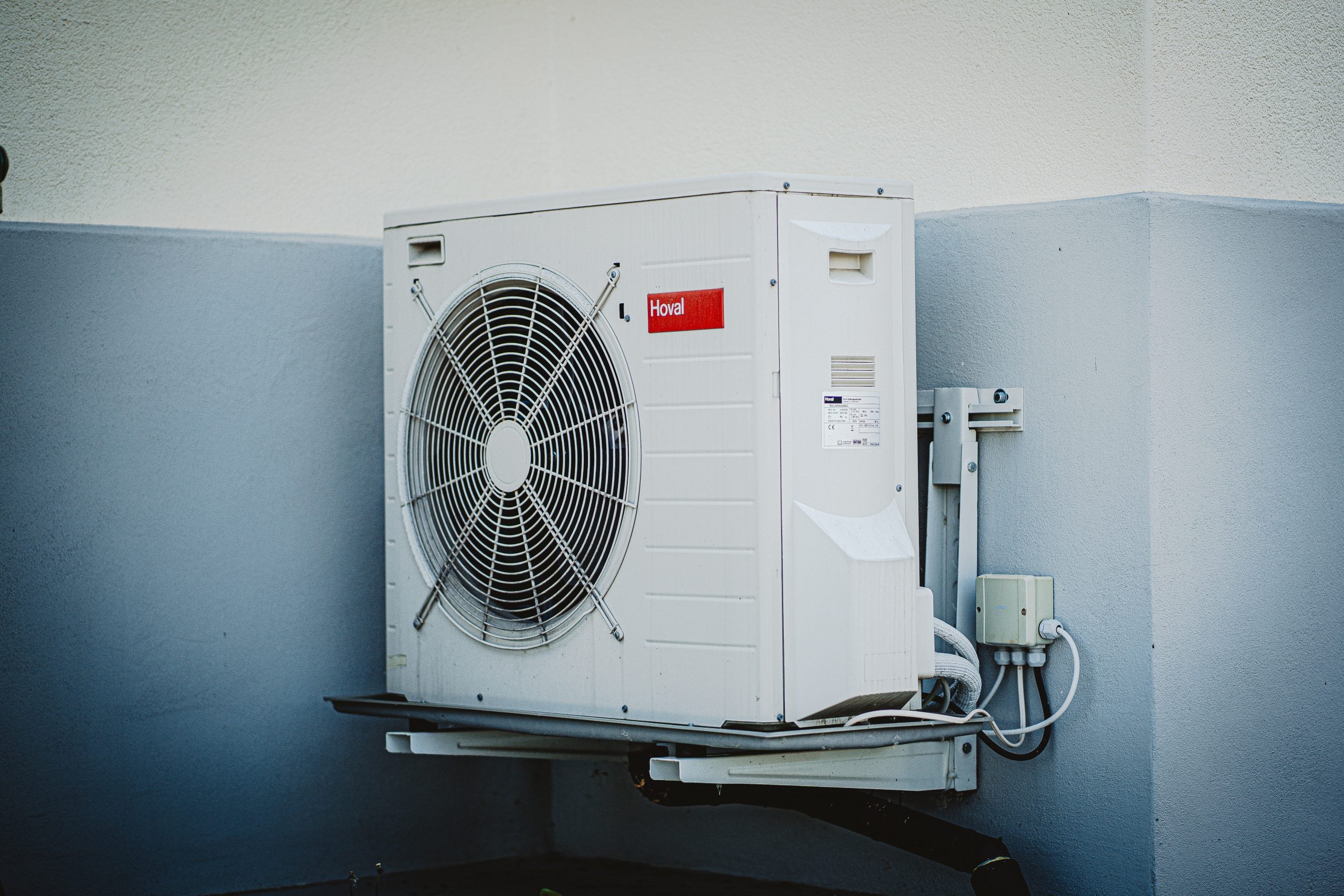 Air Movement
Air Movement Food Industry
Food Industry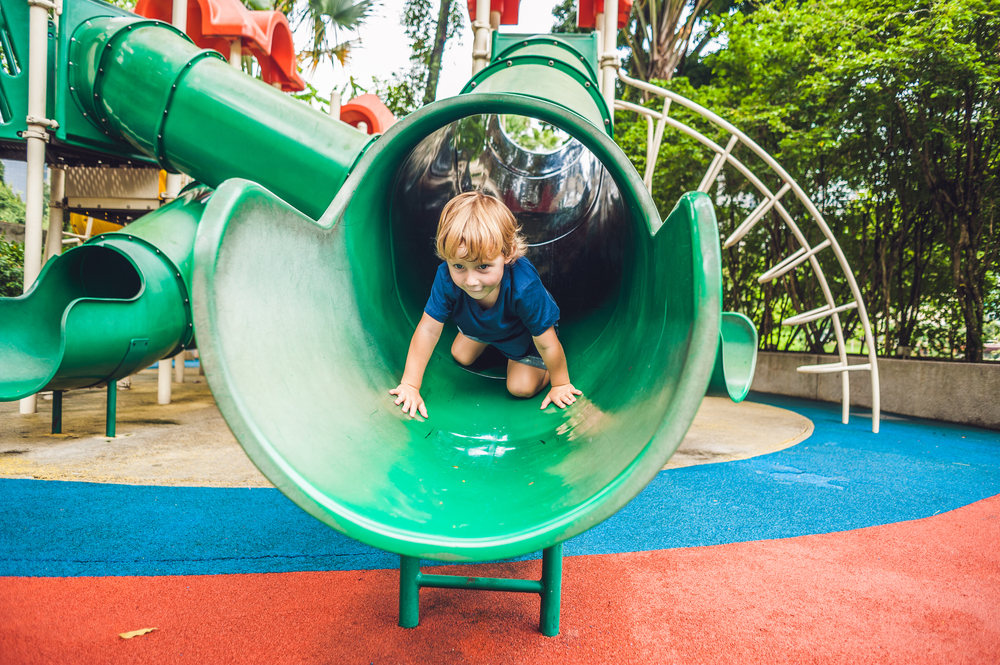 Playground
Playground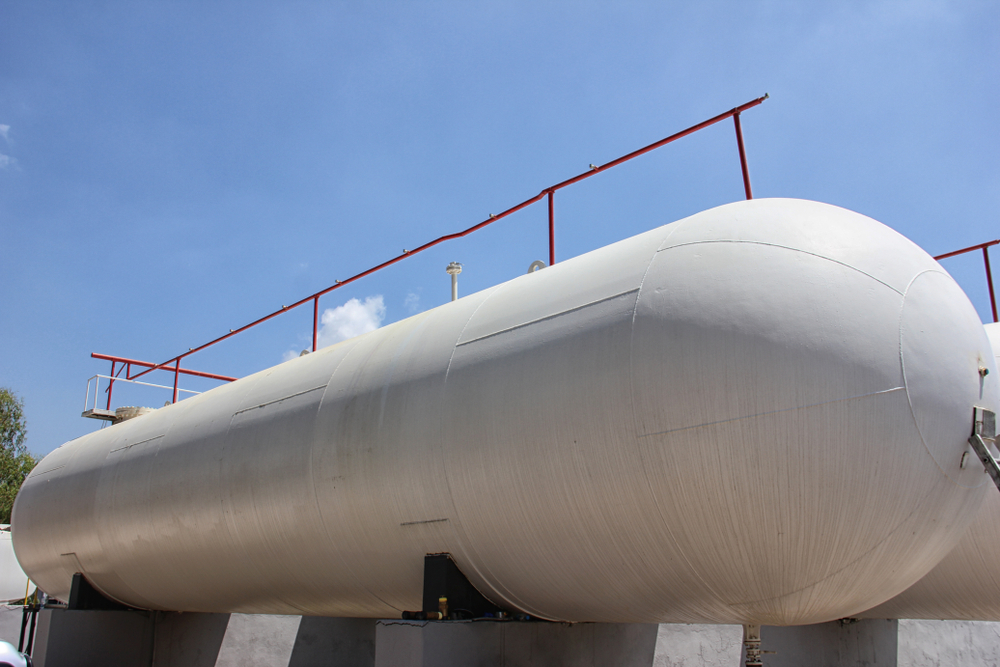 Pressure Vessels
Pressure Vessels Renewable Energy
Renewable Energy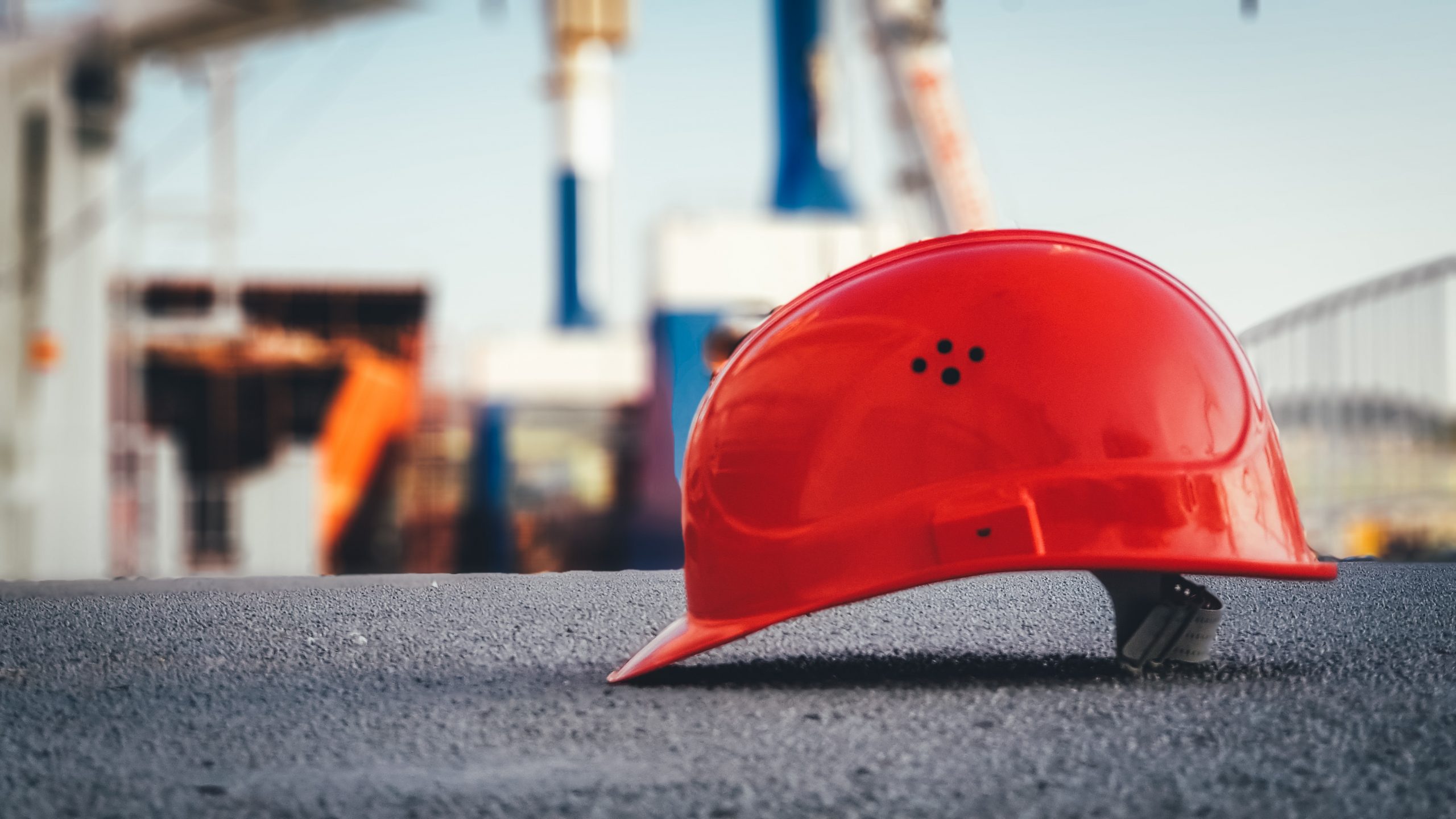 Safety
Safety
